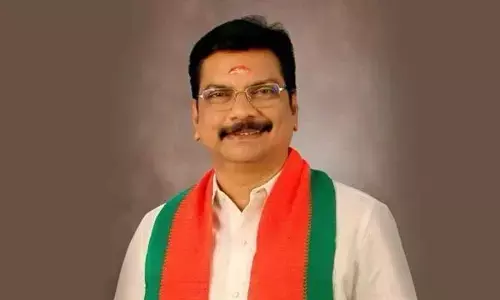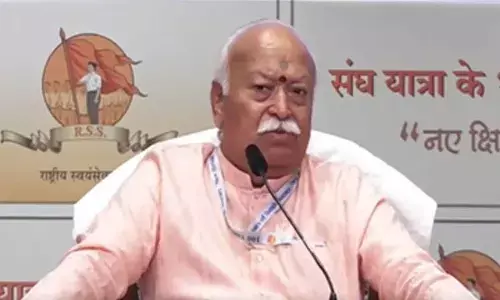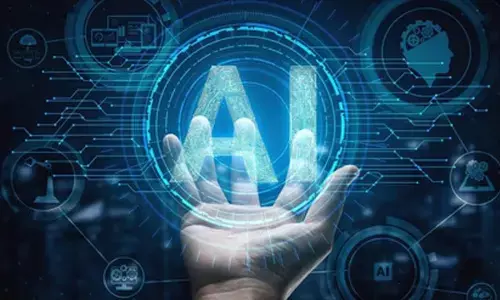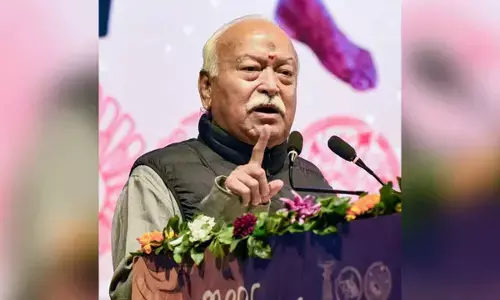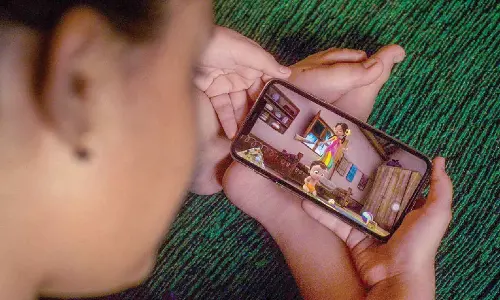Want to be an entrepreneur? Read this!
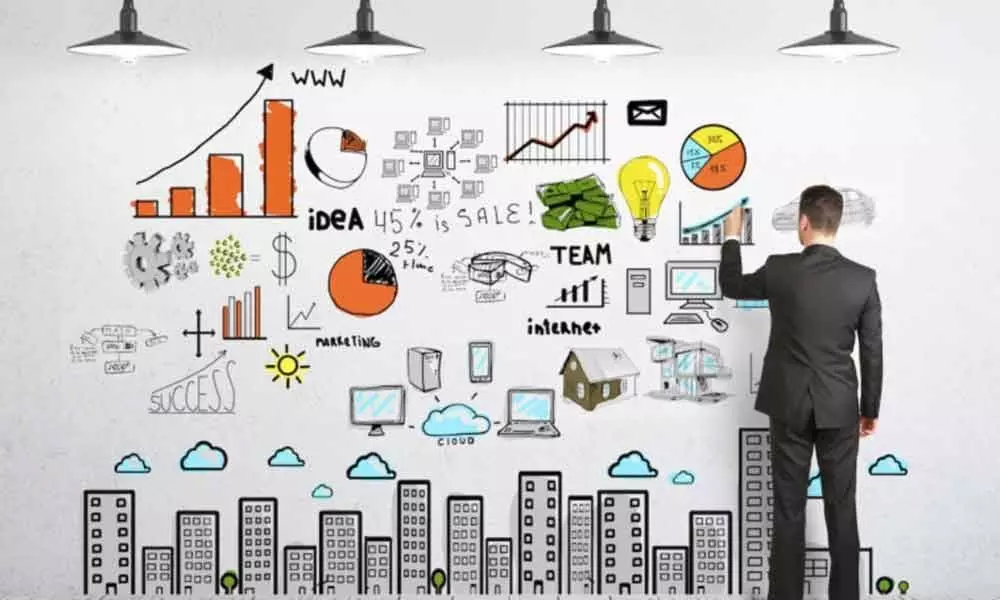
When Kumar Vembu parted ways with his brother Sridhar Vembu's Zoho Corp (AdventNet when it started in 1996) in 2004 he knew the future was India and cloud computing. That was the time when people would look skywards when somebody uttered the word 'cloud'.
When Kumar Vembu parted ways with his brother Sridhar Vembu's Zoho Corp (AdventNet when it started in 1996) in 2004 he knew the future was India and cloud computing. That was the time when people would look skywards when somebody uttered the word 'cloud'.
Kumar had his own plans and vision. He had the knack to spot future trends and cloud computing it was for Kumar.
With enterprise resource planning software aimed at small retailers in India, Kumar took the plunge in 2004 and by 2012 GoFrugal.com had 5,000 retailers using its ERP platform. Doubting his vision, GoFrugal employees then parted ways with Kumar and spread the word about the ill-fate awaiting his eight-year-old company.
Unfazed by such challenges, Kumar built an ERP platform that would help small Indian retailers and by 2019 had 30,000 retailers using his software platform to solve their daily enterprise needs.
Kumar's vision is to make GoFrugal a $ 100 million company and reach 500,000 retailers by 2025 even as he competes with products built by heavyweights like Oracle, Microsoft, and SAP.
What are the lessons you learned from being an entrepreneur?
It's a very difficult question because you learn so many lessons each day. The most important lesson entrepreneurship teaches you is to be humble. You face so many challenges each day and you discover your limitations. You cannot take success for granted. So it grounds you all the time. That's the most important lesson that you learn by being an entrepreneur.
What are your success mantras?
Your employees left you and spread the word that you are going broke. What is it that you did right?
I believed in myself that whatever decisions I took were in the best long-term interest of our customers, of the people working for me, and, in my own long-term interest. When faced with such challenging times, you should just focus on what you do best in terms of building a better product and becoming a better version of the company that you are so passionately building. The focus on hard work and a strong belief in knowing what you are doing is the right thing to do are some aspects that help you when faced with difficult situations as an entrepreneur.
What are the challenges you face as an entrepreneur?
For any entrepreneur, the biggest challenge is when you want to grow, when you have aspirations, but most of the time, and almost all the time, you know, you don't grow as fast as you want.
And the main reason for that is the inability to hire talent and inspire people to do things at the rate at which you want them to do. Finding the right people and working with them, inspiring and motivating them to do what they believe they cannot do is the biggest challenge.
Each person (employee) is unique. So you have to know what motivates a person. How do you make them believe in your mission and vision and inspire them to achieve that vision? That will remain the toughest challenge all the time. Your message to Indian entrepreneurs and MSMEs who are going through a lot of pain right now because of the economic slowdown
During any time of transformation, pain is inevitable. As they say, pain is universal, but suffering is optional. So, in times of transformation, this pain also means individuals have to transform themselves or align themselves into the future. Businesses have to transform themselves.
Such a transformation is possible only when people learn to be calm and actually understand where the market is going, where their customers are going, and being able to see the long term trend.
So, if somebody wants to be relevant for the future, they have to identify the long term trend in their businesses, align their today's efforts and plans to that long term trend.
There is no short term solution to this because this is a historic transformation that is going on. Instead of focusing on how do I survive today, how do I do the same thing, or more of the same thing and expect a better result, people have to really take a long term view and acquire new skills, build new products that are aligned to the future.
In terms of transformative changes, events like these tend to open people's minds to new possibilities. You probably don't get to meet so many entrepreneurs with so much per capita aspiration, per capita ambition, under a single roof.
There is so much entrepreneurial energy at such events, where people come with an open mind to collaborate and learn. Everybody is going to go home with a lot more new ideas and a lot more possibilities. I believe such events can even create new ideas, which entrepreneurs can go and follow.








